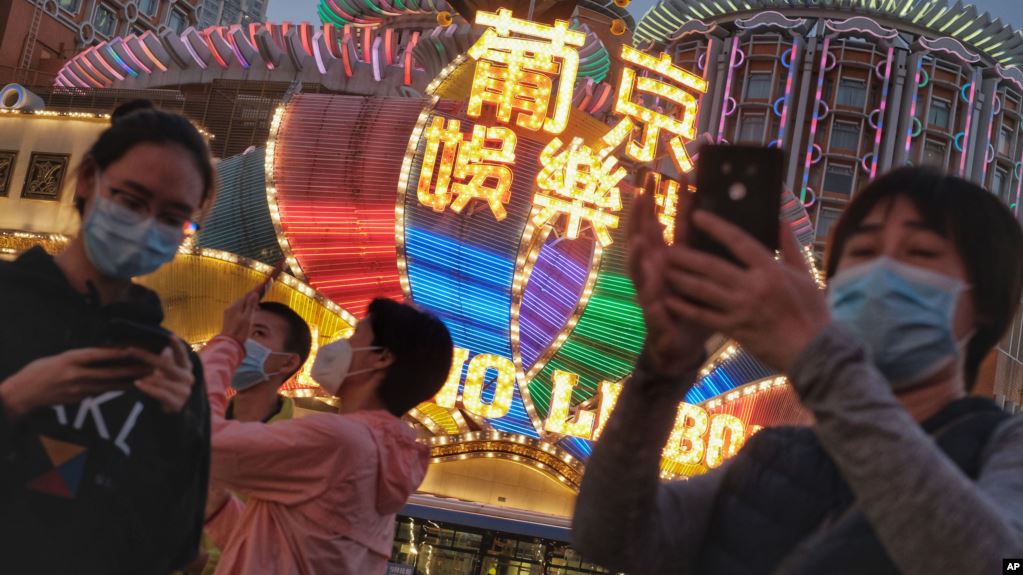Technology Companies, Health Officials Fight Coronavirus Misinformation

Words&Phrase Discussion 음성 파일 원문 링크 프린트
Health officials and technology businesses are attempting to fight misinformation about the new, fast-spreading coronavirus.
Social media has been a major source of false information since the virus was first identified last month in Wuhan, China.
This week, the World Health Organization, or WHO, said that worldwide reporting on the crisis had led to “a massive infodemic.” The organization noted an explosion of information that has made it difficult for people to find trustworthy sources and dependable guidance.
The misinformation included one claim on Facebook that drinking bleach can cure a coronavirus infection. Another stated, China’s Communist Party "will finally admit that the real source of the coronavirus is ‘a lab in Wuhan’ linked to its covert biological weapon programs."
Another report falsely claimed that vaccines for the virus had already been manufactured. Several reports on social media massively overestimated the number of deaths. One video receiving a lot of social media attention reportedly showed an infected man vomiting blood on a train.
Several fact-checking websites – such as Snopes, PolitiFact and FactCheck.org – are investigating the many coronavirus claims and rating them as either true or false.
Facebook said in a statement it was “working to limit the spread of misinformation and harmful content and connecting people to helpful information.”
Facebook’s head of health, Kang-Xing Jin, explained that the company was searching out information related to the virus and debunking false claims. When something is identified as false on Facebook or Instagram, he said, the company takes steps to “limit its spread.”
Jin added that Facebook sends messages to its users who already shared or seek to share fact-checked content found to be false. The company is also working with WHO officials to increase the amount of truthful, official information about the virus.
Tedros Adhanom Ghebreyesus is Director-General of the WHO. This week, he recognized the anti-misinformation efforts of Facebook and other services including Twitter, Tencent and TikTok.
He also said that the WHO is working with Google “to make sure people searching for information about coronavirus see WHO information at the top of their search results.”
Google announced it had activated one of its SOS Alerts to help fight misinformation in search requests. The company uses the alert system “to make emergency information more accessible during a natural or human-caused crisis.”
The system provides users of Google’s search engine with special links to emergency information and the latest reports about the health crisis. The data comes from government sources, health organizations and trusted media.
Google-owned YouTube said it was fighting misinformation by pushing official reports about the virus and trusted news sources to the top of its search results.
On Twitter, people searching for information on the virus are shown a link that reads “Know the facts.” The link directs users to the coronavirus website of the United States government’s Centers for Disease Control and Prevention.
Several users of the social media video service TikTok – which is popular among teenagers – claimed to have the virus and made false statements about it. TikTok has said it is attempting to limit such content. In a statement, the company said its user guidelines “do not permit misinformation that could cause harm to our community or the larger public.”
In some cases, medical doctors themselves are using social media services to fight misinformation. Rose Marie Leslie is a doctor at the University of Minnesota. She has shared personal videos on TikTok to debunk misinformation and provide actual facts about the coronavirus.
“The thing about TikTok as a platform is any video can go viral whether or not somebody is giving out factual information,” she told The Associated Press.
In many cases, Leslie added, people sharing content do not say where it came from. “My goal is to be able to give the facts in every single one of my videos,” she said. By the end of last week, Leslie’s videos had received more than 3 million views.
I'm Dorothy Gundy.
And I’m Bryan Lynn.
Words & Phrase
- source – n. a person or thing that provides information
bleach – n. a strong chemical used for cleaning or removing color from things
covert – adj. done in a secret way
vomit – v. to have the food, liquid, etc., that is in your stomach come out through your mouth because you are sick
fact-checking – adj. involving or related to investigating information to confirm facts
content – n. the information or ideas included in a book, film or on the internet
debunk – v. to show evidence that something is not true
accessible – adj. possible to use
platform – n. the type of computer system or smartphone a person is using
view - n. the action when someone plays a video on YouTube
Words: source, bleach, covert, debunking, platform
Idioms and Phrases: "fact-checking", "a massive infodemic"
Discussion
-
- 1. What are health officials and technology businesses attempting to do?
2. According to the WHO, what has led to a "massive infodemic?
3. What are some examples of the false information given?
4. How is Google fighting misinformation?
5. Have you ever come across false information on social media?